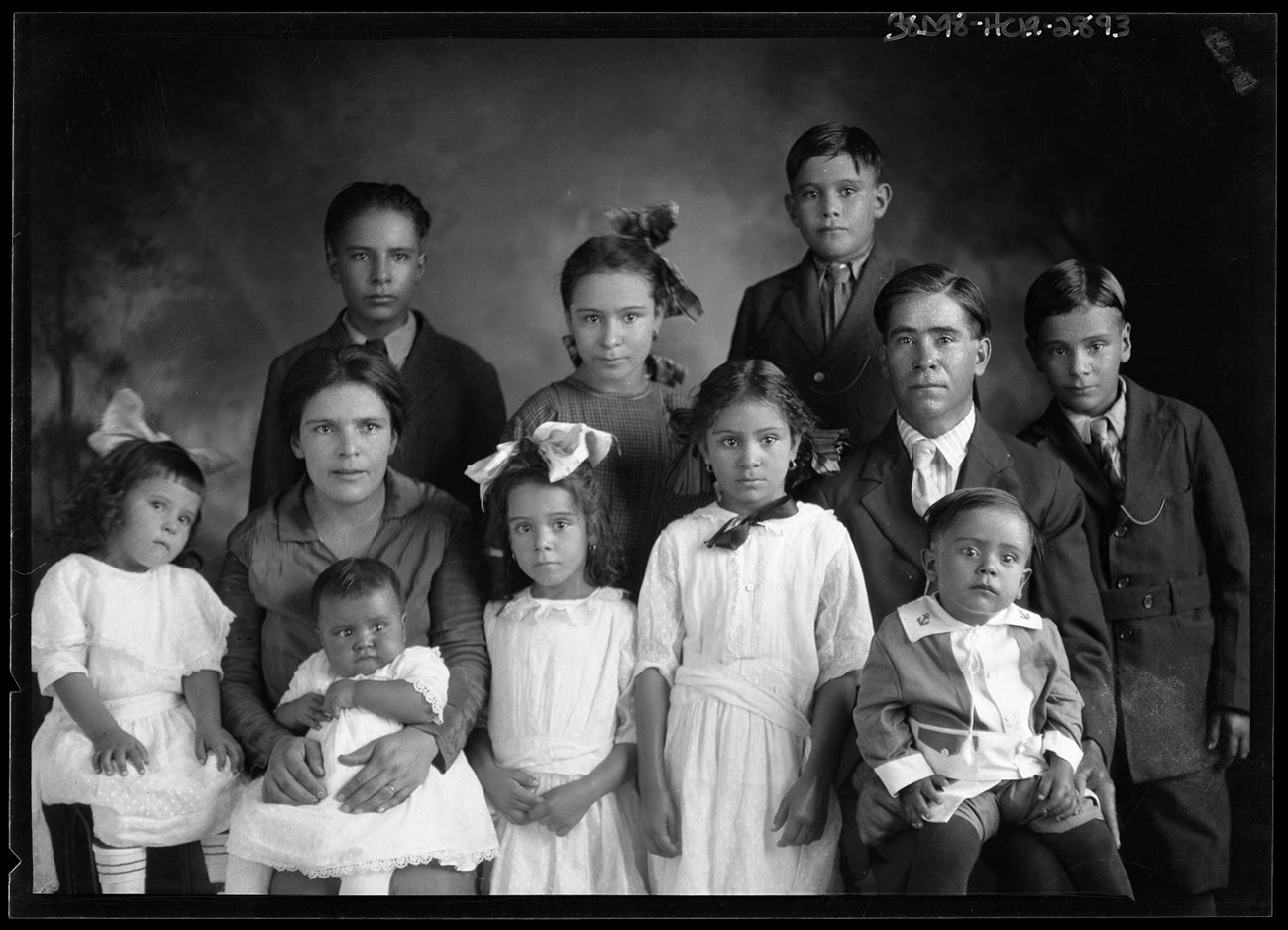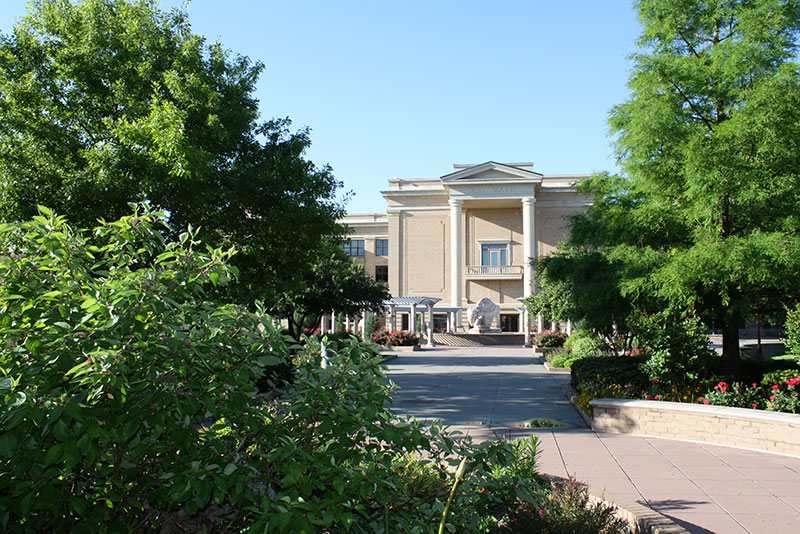- Community
- History
- Featured
WT’s Center for the Study of the American West Wins NEH Grant for Program Highlighting Mexican American Contributions to Region
Copy by Chip Chandler, 806-651-2124, cchandler@wtamu.edu
CANYON, Texas — A new initiative that will shine a spotlight on the contributions of Mexican Americans in the High Plains will be funded through a newly announced grant from the National Endowment for the Humanities.
The Center for the Study of the American West at West Texas A&M University was granted $148,728 to fund its “Forgotten Frontera: The Mexican American Southern Plains” initiative, the NEH announced Jan. 11.
“This initiative responds to the lack of recognition of the unique Mexican American presence in our region,” said Dr. Alex Hunt, CSAW director, Regents Professor of English and Vincent-Haley Professor of Western Studies. “Through Forgotten Frontera, we will make these histories visible and accessible to our students, faculty and communities. That’s especially important at WT, which has been a Hispanic Serving Institution since 2016, now boasting a population of about 30 percent Hispanic students.”
Promoting regional research is a key aim of the University’s long-range plan, WT 125: From the Panhandle to the World .
That plan is fueled by the historic, $125 million One West comprehensive fundraising campaign. To date, the five-year campaign — which publicly launched Sept. 23 — has raised about $85 million.
NEH announced a total of $24.7 million in grants for 208 humanities projects across the country. Twelve other projects in Texas were funded in this round of grants; this is believed to be WT’s first NEH grant.

Photo: Photographer Julius Born took thousands of photographs of residents of Hemphill County in the early 20th century, including this undated photo of a Mexican American family. The history of such settlers will be explored thanks to a National Endowment for the Humanities grant recently received by the Center for the Study of the American West at West Texas A&M University.
People of Mexican descent predated the arrival of Anglo Americans in this region, coexisting with Comanche and other Native American tribes since the 18th century, Hunt said. Modern migration began with railroad workers in the 1890s, resumed with agricultural workers during World War II and continues today with workers in feedlots and the meat-packing industry.
The Forgotten Frontera project began in 2018 as a series of community conversations, funded in part by a Humanities Texas grant. But CSAW recognized a need for a broader program that could help address a decline in interest in the humanities and Spanish language studies, including among Mexican American students, Hunt said.
The initiative will emphasize the contributions of the Mexican American population and make them more relevant to students. It aims to revitalize humanities education by increasing related course offerings and aligning itself with CSAW’s student internship program. And it will continue community outreach programming to encourage family and community support for first-generation Mexican American students.
CSAW also will continue seeking out further grant funding to support the project.
In addition, visiting scholars will take part in community conversations that will be designed to generate an oral history collection and foster relationships between the University and the regional population.
WT faculty also will be encouraged to apply for CSAW grants to support related scholarly research and curricular development.
“This is a long-term project,” Hunt said. “With this funding, we hope to make Forgotten Frontera a permanent fixture at WT and to bring awareness of the humanities’ relevance for our community.”
About the National Endowment for the Humanities
Created in 1965 as an independent federal agency, the National Endowment for the Humanities supports research and learning in history, literature, philosophy and other areas of the humanities by funding selected, peer-reviewed proposals from around the nation. Additional information about the National Endowment for the Humanities and its grant programs is available at neh.gov .
About the Center for the Study of the American West
CSAW was formed in the fall of 2016 with a mission of fostering the study of the American West at West Texas A&M University and building bridges between the university, the Panhandle-Plains Historical Museum, and the regional populace. CSAW seeks to promote the American West both as a culturally unique region and as a product of broad historical forces. For information about CSAW and upcoming events, visit wtamu.edu/csaw .
About West Texas A&M University
WT is located in Canyon, Texas, on a 342-acre residential campus. Established in 1910, the University has been part of The Texas A&M University System since 1990. WT, a Hispanic Serving Institution since 2016, boasts an enrollment of about 10,000 and offers 59 undergraduate degree programs, 39 master’s degrees and two doctoral degrees. The University is also home to the Panhandle-Plains Historical Museum, the largest history museum in the state and the home of one of the Southwest’s finest art collections. The Buffaloes are a member of the NCAA Division II Lone Star Conference and offers 14 men’s and women’s athletics programs.
—WT—

